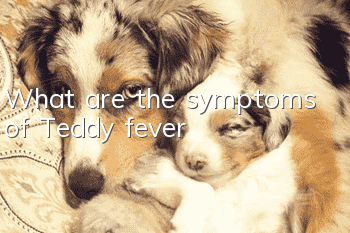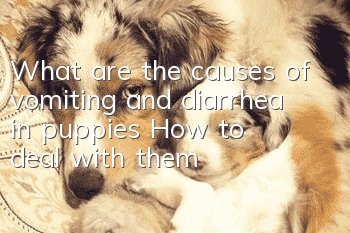Important factors affecting Scottish Sheepdog training

Among the various factors that affect dog training, the owner has the greatest influence on training. In the daily life and feeding and management of dogs, dogs live with their owners all the time and have the most opportunities for contact. This increases the dog's attachment to the owner and is controlled by the owner to a large extent. The owner's appearance (facial expressions, thoughts and emotions, etc.), actions, sounds, smells, etc. can become various stimuli to the dog and form various conditioned reflexes. If not handled properly, they can directly affect the training effect.
First, excessive demands are placed on the dog, which often results in frustration in training and even damage to the dog. If the dog does something wrong unintentionally, use a threatening tone to make the dog come to you and whip it with a rope as punishment. In this way, when the dog hears the "come" command in the future, not only will it not come, but it will run away.
Second, confuse training commands with sentences for talking to the dog. In this way, on the one hand, it is difficult for the dog to form a conditioned reflex to the command; on the other hand, unnecessary language becomes a new stimulus for the dog, triggering the dog's exploration reflex, and affects the dog's ability to perform normal training steps according to the command. Therefore, training must be conducted in a quiet venue.
Third, the principle of "treating dogs individually according to their conditions" cannot be implemented during training. Instead, the same method and the same conditions are used for training. This can only make the dog perform extremely simple signals.
Fourth, "over-limit" training. The so-called "over-limit" training refers to making the dog repeat the same action or the same subject for an excessively long time. This can lead to excessive fatigue of the dog's nervous system, which not only fails to shorten the training process, but delays the training time, and some even cause the dog to be eliminated. It often happens when other dog training subjects are progressing quickly, while your own dog is progressing slowly. Mostly caused by acting too hastily.
Fifth, inappropriate rewards. Rewarding food, petting or "good" commands can reward and strengthen dog training, but unscientific use of rewards can cause the opposite effect and blur the boundaries between right and wrong. Therefore, rewards must be clearly purposeful and targeted.
- How to train a Bichon Frize? Teach you how to easily train a Bichon Frize to hold things!
- Schnauzer fever symptoms and treatments
- How to treat Schnauzer ear mites?
- What should I do if my Doberman dog eats too much and has diarrhea?
- Do you know the meanings of different movements of a dog’s tail?
- How to treat canine distemper in dogs
- How to bathe a Chesapeake Hound
- What should I do if my Pomeranian vomits after eating too much?
- There are many benefits to getting your dog used to a flight crate
- A qualified poop scraper should know that these foods cannot be given to dogs.



